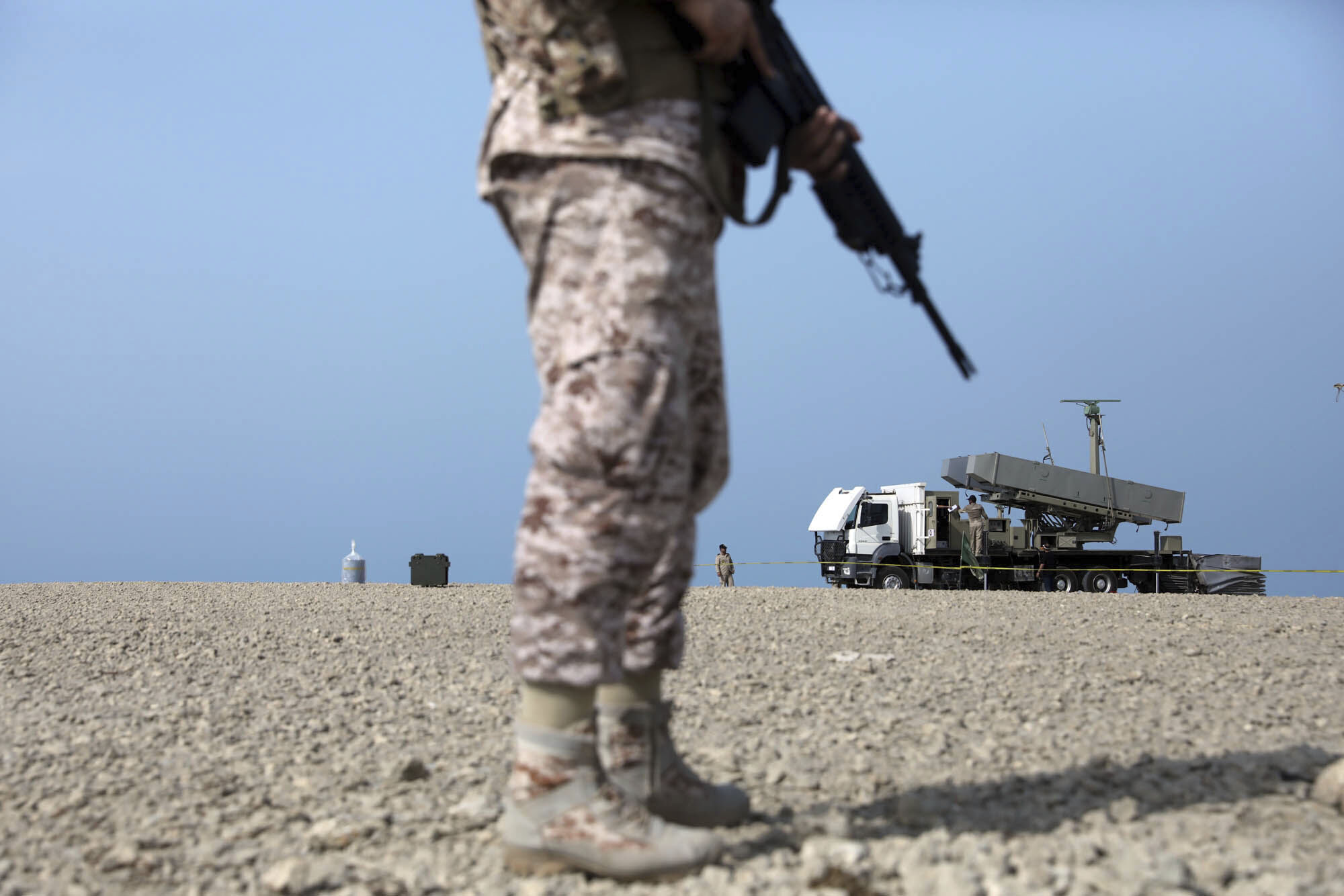
Iran’s Parliament Speaker Mohammad-Baqer Qalibaf acknowledged that the recent 12-day war with Israel exposed vulnerabilities in the country’s defense capacities, vowing to rectify those shortcomings as a top priority.
“In any future war, restraint will end, and new areas and locations will be designated for retaliation,” the top official said, according to the semi-official Mehr News Agency.
Newsweek has reached out to the U.S. State Department and the Israel Defense Forces (IDF) for comment.
Why It Matters
Qalibaf’s admission marks a rare departure from Tehran’s usual narrative of military invulnerability, which it maintained for months before the conflict, with threats to Israel and the U.S. When Israel launched airstrikes in June, Iran’s defenses did not stop those attacks effectively.
The pledge to reinforce defenses—highlighted in a recent show of force at sea—signal that Iran is recalibrating its posture against Israel, raising the stakes for the region. During the June conflict, Tehran also managed to inflict damage inside Israel with missile strikes.
Masoud Nazari Mehrabi/Iranian Army/AP
What To Know
Qalibaf said that under current circumstances, bolstering Iran’s defense capabilities is an urgent priority. “Should the enemy make a move, the conflict could expand to new regions and economic and political arenas,” he said.
His remarks came as Iran’s navy staged large-scale drills, dubbed “Sustainable Authority,” in which its forces test-fired cruise missiles in the Gulf of Oman and northern Indian Ocean, hitting surface targets.
Iran’s defense minister also said last week that a new generation of advanced missiles is now prepared for use against Israel if fighting resumes. With a fragile ceasefire in place, both Iran and Israel—and the U.S.— have said they do not rule out the possibility of a renewed military conflict.
Iran had to swiftly replace several high-ranking military and security officials killed in the strikes, notably, General Mohammad Bagheri, head of the armed forces, and General Hossein Salami, commander of the Iranian Revolutionary Guards Corps (IRGC).
Additionally, Ali Larijani, senior adviser to the supreme leader, Ali Khamenei, was appointed secretary of the Supreme National Security Council, signaling a strategic shift toward trusted, experienced leadership that could strengthen Iran’s proxies in the region, shaping Tehran’s approach to Washington and other regional powers.
What People Are Saying
Parliament Speaker Mohammad-Baqer Qalibaf as quoted by Mehr News Agency: “As someone aware of the efforts of the armed forces, I inform the Iranian people that fortifying the country’s defense is being pursued swiftly and seriously. With the valuable experience gained from the 12-day war, many weaknesses have been identified and addressed.
“By reinforcing existing strengths, our military forces are prepared to respond more powerfully than before to any possible attack on our beloved country, so that if the enemy does not miscalculate again, they will have no intention of attacking Iran.”
What Happens Next
A de-escalation is possible if Iran and Western powers can reach an agreement regarding Tehran’s nuclear program.
